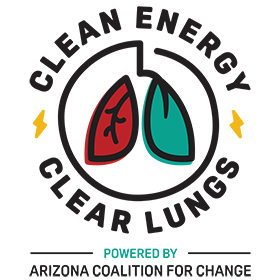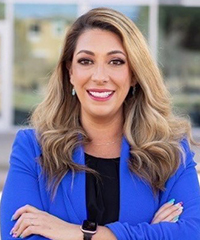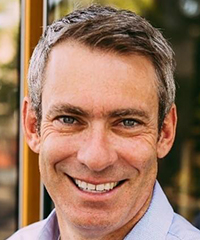Join Us at Our Thursday October 26 Award Event!
Thursday, October 26, 2023
5:00pm – 8:30pm
University Club of Phoenix
39 E Monte Vista Rd, Phoenix, AZ 85004
Tickets only $60 and includes food and drinks
2023 Awardees
Senator Theresa Hatathlie
Policymaker of the Year
Dr. Theresa Cullen
Senator Andy Nichols Honor Award
Arizona Auditor General
Pete Wertheim Public Health Leadership Award
Auditor General Lindsey Perry Accepting for the Team
Haley Coles
Rising Public Health Champion Award
Alida Monteil (Posthumously)
Alida Monteil Indigenous Health & Advocacy Award











